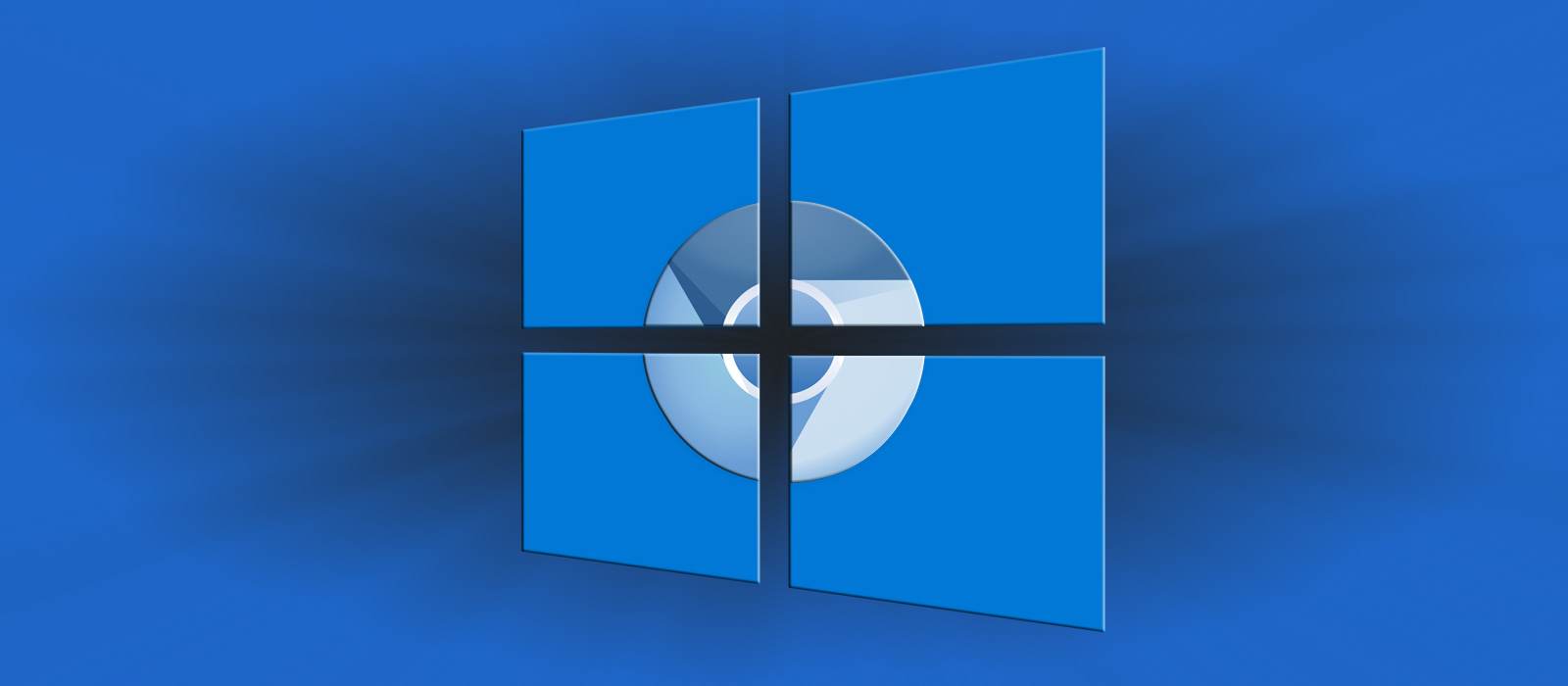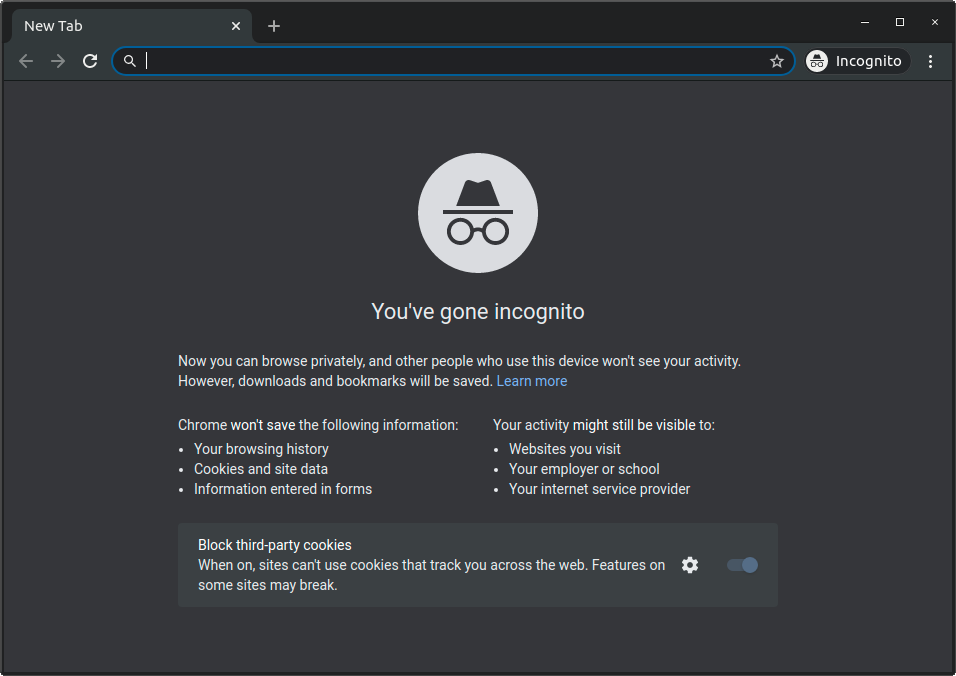

- #Ungoogled chromium web store install#
- #Ungoogled chromium web store update#
- #Ungoogled chromium web store for android#

These are the core features introduced by ungoogled-chromium.
#Ungoogled chromium web store update#
#Ungoogled chromium web store for android#
Ungoogled-Chromium-Android is available for Android 5.0 and above. However, almost all of these features must be manually activated or enabled.Īll patches are published under BSD 3-Clause, except those borrowed from other projects which may be licensed under a different license. ungoogled-chromium features tweaks to enhance privacy, control, and transparency.Unlike other Chromium forks that have their own visions of a web browser, ungoogled-chromium is essentially a drop-in replacement for Chromium. ungoogled-chromium retains the default Chromium experience as closely as possible.ungoogled-chromium is Google Chromium, sans dependency on Google web services.Ungoogled ChromiumĪ lightweight approach to removing Google web service dependency A lightweight approach to removing Google web service dependency. Iridium is available from Sparky Linux repositories.Ungoogled-Chromium-Android Ungoogled-Chromium-Android Ungoogled-Chromium-Android is the Android version of Ungoogle-Chromium. Then again, both openSUSE and Iridium are German. I would imagine that Debian and its many spins constitute the largest subset in the Linux world. Iridium's homepage is curious, given that it offers support for Windows, macOC, openSUSE, Fedora, and RHEL/CentOS, but not Debian. Ungoogled-chromium is strange, given that it is downloaded from. Hope it isn't sold to some heartless corporation as happened to Waterfox. Some of the things I normally do to Firefox, e.g., about:config and set punycode to true, are already done. I was able to add Ublock Origin, though it had an extra "ARE YOU SURE?" message. Okay, I downloaded LibreWolf and tried it. Kinda like IceCat, which hasn't been updated since June 2019. Privacy on the interweb would be nice but it's almost impossible so I would always prioritise security because the browser is the single biggest vulnerability in the entire system for most desktop "Privacy might be better than Chrome but security for those browsers is a complete joke."Īh, good point, I never thought of that. Privacy might be better than Chrome but security for those browsers is a complete joke (IMO). Not good.īut for the "un-Googled" versions you list the situation is even worse because they're all based on outdated versions of Chrome. So the chromium package is outdated and riddled with potential security holes. Google don't provide an LTS version (unlike Mozilla) and Debian just can't keep up with the steady stream of vulnerabilities: But I do agree that the chomium package in the repositories is in a pretty poor state. Why, that would be the data-mining Chrome, of course! Google has been caught many times stealing data from K-12 students in violation of federal law and each time it promises to never do it again.ĭebian does not supply Chrome, and they never will. Mirror mirror on the wall, of all the Debian-supplied browsers, which is the shittiest of them all?
#Ungoogled chromium web store install#
So if you want a non-Tor privacy browser, add the brave repo and install brave and set your anti-fingerprinting setting to "strict" and your anti-tracking level to "strict" in the settings. Once again, the recent scholarly research and the testing is pretty much all in agreement. The scholarly research into that question is pretty much unanimous. However, from a purely technical perspective, Tor Browser is far and away the vastly superior privacy browsing experience in terms of being nearly impossible to track via fingerprinting. But if you find a good VPN that actually keeps its promises, you could probably pull it off. Tor over VPN is one method that might work for you, although most of the VPN's appear to be compromised as well. Good luck keeping secrets from them due to your choice of web browsers. That would be the NSA, who already has backdoors into your email, your cell phone, your ISP, your DNS provider, your router, your security cameras, your car, your doorbell, your thermostat, and your refrigerator. For the unscrupulous owners of exit nodes.


 0 kommentar(er)
0 kommentar(er)
